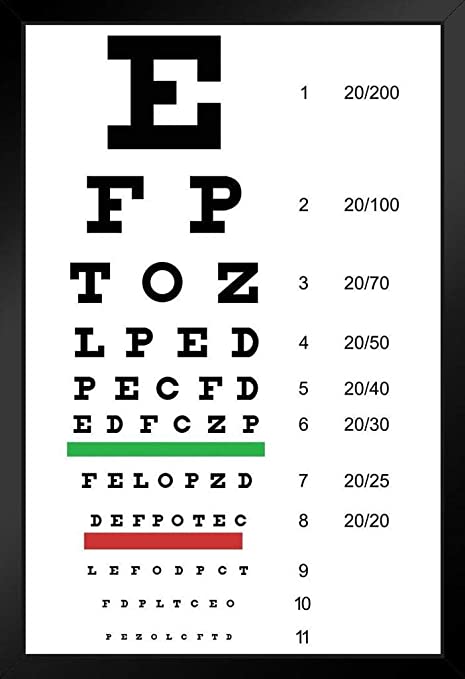A comprehensive eye exam is an important part of your overall general health maintenance and should be scheduled on a regular basis. The findings from your comprehensive eye exam can give your doctor important information about your overall health, particularly diabetes and high blood pressure.

Many people aren’t sure what to expect when they make an appointment with an eye doctor — especially if they’ve never had a comprehensive eye exam before or it’s been many years since their last exam.
Eye doctors use a wide variety of tests and procedures to examine your eyes. These tests range from simple ones, like having you read an eye chart, to complex tests, such as using a high-powered lens to visualize the tiny structures inside of your eyes.
A comprehensive eye exam can take an hour or more, depending on the doctor and the number and complexity of tests required to fully evaluate your vision and the health of your eyes.
Why do you need to get your eyes checked?
Regular eye exams are the foundation of maintaining ocular health, so you have already taken the first step by scheduling an appointment at our ophthalmology practice. If you are a new patient, bring your most recent pair of eyeglasses and/or your contact lens prescription with you to this appointment. Dr. Bansal will perform a comprehensive eye examination to evaluate:
- Your current eye health
- Your visual acuity
- Risk factors for future eye problems
- Eye pressure
- Eye coordination and muscle function
- Focusing ability
Our eye exams are meticulous and thorough, designed to detect early signs of common eye diseases that otherwise go unnoticed. By staying ahead of conditions like diabetic retinopathy, glaucoma, and macular degeneration, you can continue to enjoy clear, healthy vision for many years to come.
During your appointment, Dr. Bansal will also review and talk with you about your medical history to identify any medical conditions that may influence your general eye health. For example, conditions such as heart disease, diabetes, or thyroid problems may affect your vision.
